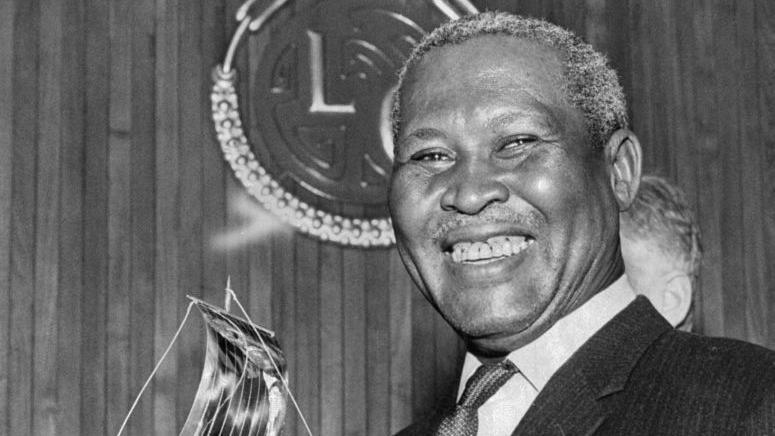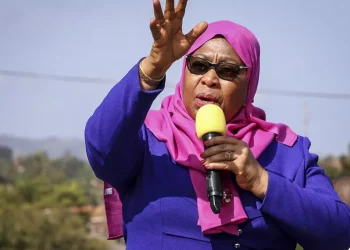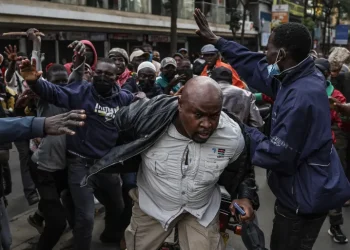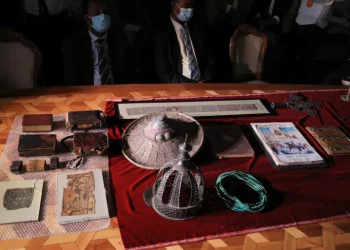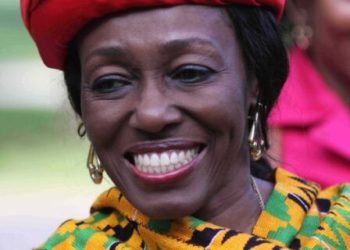A South African court has determined that Nobel Peace Prize winner Albert Luthuli was killed by apartheid police, overturning the long-held claim that his 1967 death was a tragic accident. The ruling brings long-awaited justice to the family of one of South Africa’s most revered anti-apartheid icons.
Luthuli, who became the first African to win the Nobel Peace Prize in 1960, was officially reported to have died after being struck by a train near his home in KwaZulu-Natal. However, the new court judgment concludes he died from a fractured skull and cerebral hemorrhage caused by an assault from apartheid security police, marking a historic correction to decades of misinformation.
A Historic Ruling for Truth and Justice
Delivering the verdict at the Pietermaritzburg High Court, Judge Nompumelelo Radebe ruled that evidence presented at the reopened inquest “did not support the 1967 inquest findings.” Instead, the court found that Luthuli’s fatal injuries were the result of an assault by members of the apartheid-era security branch, working in coordination with employees of the South African Railway Company.
Judge Radebe named seven men allegedly involved in the crime, whose whereabouts remain unknown, and stated they could face prosecution if located. The Luthuli family welcomed the decision, calling it “the first step toward finally achieving justice.”
Albert Luthuli’s Legacy and the ANC’s Response
At the time of his death, Chief Albert Luthuli served as president of the African National Congress (ANC), which was banned under apartheid. His leadership inspired a generation of freedom fighters, including Nelson Mandela, and his Nobel Prize cemented his global standing as a champion of peace and racial equality.
In a statement, ANC spokesperson Mahlengi Bhengu praised the ruling for “correcting a long-standing distortion of history” and honoring Luthuli’s memory. “This judgment restores justice, truth, and dignity to one of South Africa’s greatest sons,” she said.
Renewed Efforts to Address Apartheid Crimes
The Luthuli ruling is part of a broader national effort to revisit unsolved apartheid-era killings. Authorities recently reopened the Steve Biko inquest, and President Cyril Ramaphosa established a judicial commission to investigate why prosecutions for apartheid crimes were delayed for decades.
Human rights groups say these renewed investigations represent a crucial step toward national healing. For Luthuli’s family and the ANC, the verdict not only exposes a dark chapter of South Africa’s past but also reaffirms the nation’s ongoing pursuit of truth, accountability, and justice.
